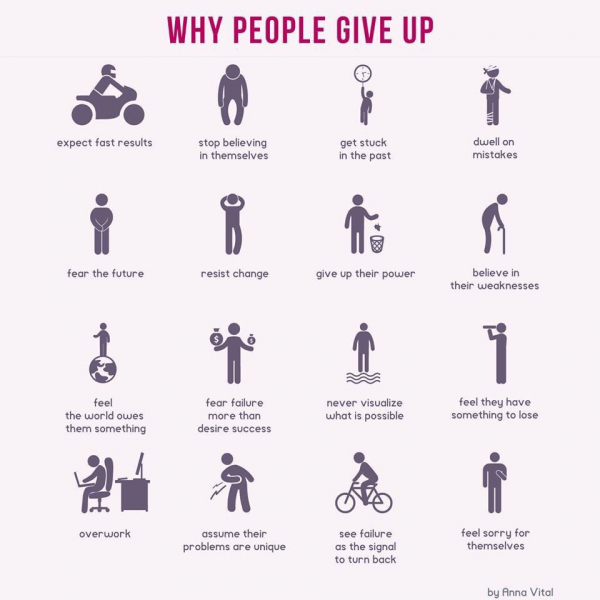Sometimes people use "respect" to mean "treating someone like a person," and sometimes they use "respect" to mean "treating someone like an authority."
And sometimes people who are used to being treated like an authority say, "if you won't respect me, I won't respect you," and they mean "if you won't treat me like an authority, I won't treat you like a person."
And they think they're being fair but they aren't, and it's not okay.
Love is a Verb
When people say, "you have to love yourself first," it means more than just being able to look yourself in the mirror and say, "I love myself" and "I'm comfortable in my own skin."
Loving yourself is about those little acts you make every day that strengthen your mind, body, and spirit.
Just a reminder:
- we have all done unforgivable things
- we have all wanted to punch holes in a wall
- we have all made someone cry
- we have all let someone down
- we have all had a broken heart
- we have all told a lie
- we have all wanted to throw our life away
- we have all stayed up late overthinking
- we are all humans and we are trying to do better today than we did yesterday
The world is changed by your example, not by your opinion.
Be the change you want to see.
In my work experience, I've come to the conclusion there are two types of entrepreneurs:
- those who focus on money, hiring cheap labor to just do what they say
- those who invest in great ideas, surrounding themselves with smarter people who share the same goals & values
The average American spends $15 a day eating out. $450 a month. $600-$750 including drinks. In 2 months you can buy a ticket to travel anywhere in the world. You can afford to travel, you're just too lazy to cook.
The Four Agreements
1. Be Impeccable with Your Word
- Speak with integrity.
- Say only what you mean.
- Avoid using the Word to speak against yourself or to gossip about others.
- Use the power of your Word in the direction of truth and love.
2. Don't Take Anything Personally
- Nothing others do is because of you.
- What others say and do is a projection of their own reality, their own dreams.
- When you are immune to the opinions and actions of others, you won't be the victim of needless suffering.
3. Don't Make Assumptions
- Find the courage to ask questions and to express what you really want.
- Communicate with others as clearly as you can to avoid misunderstandings, sadness, and drama.
- With just this one agreement, you can completely transform your life.
4. Always Do Your Best
- Your best is going to change from moment to moment; it will be different when you are healthy as opposed to sick.
- Under any circumstance, simply do your best, and you will avoid self-judgement, self-abuse, and regret.
Maybe the journey isn't so much about becoming anything. Maybe it's about unbecoming everything that isn't really you, so you can be who you were meant to be in the first place.
—Unknown

We all have slow days, off days, days we feel tired or uninspired, but they are nothing to concern yourself with. Like an ocean the stillness is just another of our natural states. Soon, the winds will pick up, the waves will rise, and your imagination will flow again.
—Beau Taplin, Creative Block